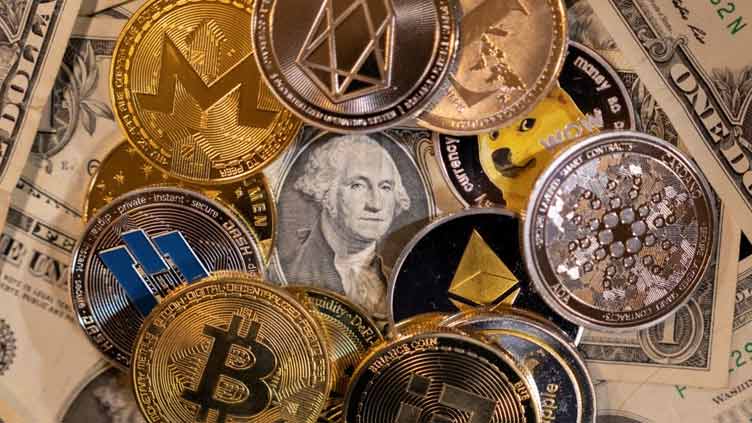Cryptocurrency giants tell US Congress they are open to regulation

Washington has become increasingly interested in regulating cryptocurrencies
WASHINGTON (AFP) - Representatives of major cryptocurrency firms told US lawmakers on Wednesday that they are open to strengthening regulation of the emerging sector.
In the first hearing of its kind before the House Committee on Financial Services, Alesia Haas, CEO of the Coinbase exchange, called for the government to develop "a new comprehensive framework that recognizes the unique technological innovations underpinning digital assets."
She said a single government regulator should oversee cryptocurrency "to ensure holders of digital assets are empowered and protected."
Washington has become increasingly interested in regulating cryptocurrencies as bitcoin, ethereum and others have shot up in value and popularity.
But the issue has been caught in the country’s partisan divide, with Republicans using the hearing to warn against excessive regulations on the sector.
"My fear is some of my Democrat colleagues have made up their minds and they have regulatory bills that they’re going to file in order to stifle this innovation or to kill it before it fully grows and blossoms," Republican Patrick McHenry said.
But several executives representing trading platforms and the digital monies themselves noted that they already were subject to US government regulation.
FTX platform founder and CEO Samuel Bankman-Fried said some of its products are under the regulatory authority of the Commodity Futures Trading Commission (CFTC), which handles derivatives. Coinbase is in a similar situation.
Circle, which issues the USDC stablecoin that is at parity with the American dollar, will soon file for a banking license that will put it squarely under Washington’s regulatory authority, CEO Jeremy Allaire said.
Brian Brooks, chief executive of BitFury which provides infrastructure for the bitcoin blockchain, warned that the United States was falling behind when it comes to regulating the new technology.
"It’s weird we’re the last country standing that hasn’t figured that out," he told lawmakers.

